The lifespan of an industrial air compressor can vary depending on several factors, including the quality of the equipment, usage patterns, maintenance practices, and operating conditions. While it's challenging to provide an exact lifespan, industrial air compressors are typically designed to last for many years of reliable service. Here are some key considerations regarding the lifespan of industrial air compressors:
Quality of Equipment: The quality and construction of the air compressor play a significant role in determining its lifespan. High-quality compressors manufactured by reputable brands tend to have better durability and longer lifespans. Investing in a reliable and well-built compressor can contribute to its longevity.
Usage Patterns: The frequency and intensity of compressor usage can impact its lifespan. Heavy-duty applications and continuous operation may place more stress on the compressor, potentially shortening its lifespan compared to intermittent or light-duty usage. Compressors designed for specific usage patterns, such as those rated for continuous duty, are better suited for demanding applications.
AutoToolsDepot Direct-connected portable Air Compressor
Maintenance and Service: Proper maintenance and regular servicing are essential for maximizing the lifespan of an industrial air compressor. Following the manufacturer's recommended maintenance schedule, which typically includes tasks like changing filters, lubricating moving parts, and inspecting and adjusting components, helps prevent premature wear and damage. Neglecting maintenance can lead to decreased efficiency, increased energy consumption, and potential breakdowns.
Operating Conditions: The operating conditions in which the compressor operates can influence its lifespan. Factors such as ambient temperature, humidity, cleanliness of the environment, and the presence of contaminants can affect the compressor's performance and durability. Compressors subjected to harsh or extreme conditions may experience accelerated wear and require more frequent maintenance.
Load Capacity and Duty Cycle: The load capacity and duty cycle of the air compressor can impact its lifespan. Operating the compressor within its recommended load capacity and duty cycle ensures that it is not overworked or strained beyond its capabilities. Overloading the compressor or running it continuously beyond its duty cycle may lead to premature wear, overheating, and reduced lifespan.
Upgrades and Repairs: Upgrading certain components or systems of an air compressor can extend its lifespan. For example, retrofitting energy-efficient motors or installing advanced control systems can enhance performance and efficiency. Additionally, promptly addressing and repairing any mechanical issues or failures can prevent further damage and extend the overall lifespan of the compressor.
Environmental Factors: The surrounding environment can influence the lifespan of an air compressor. Factors such as excessive dust, moisture, or corrosive substances can impact the components and overall performance. Adequate ventilation, air filtration, and protective measures can help mitigate the effects of these environmental factors and prolong the lifespan of the compressor.
Technological Advancements: The lifespan of an industrial air compressor can also be influenced by technological advancements. As new technologies emerge, more efficient and durable compressors may become available. Upgrading to newer compressor models with advanced features and improved designs can offer enhanced performance and potentially increase the lifespan of the equipment.
It's important to note that the lifespan mentioned here is a general guideline, and individual circumstances may vary. Regular monitoring, proper maintenance, and proactive care can significantly extend the lifespan of an industrial air compressor. Working closely with manufacturers, following their recommendations, and consulting with qualified technicians can ensure optimal performance and longevity of the equipment.
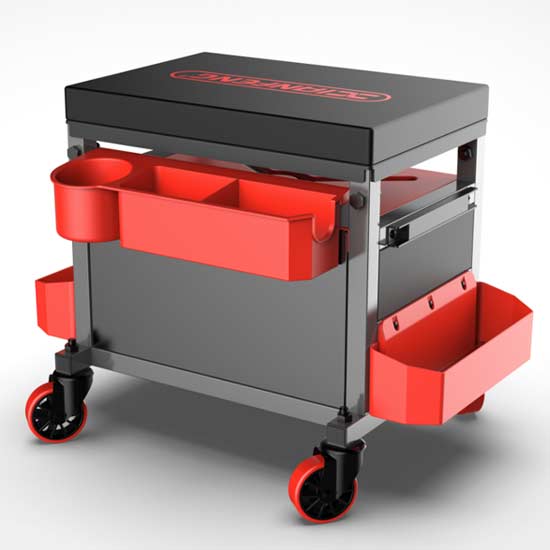 Tool seat
Tool seat
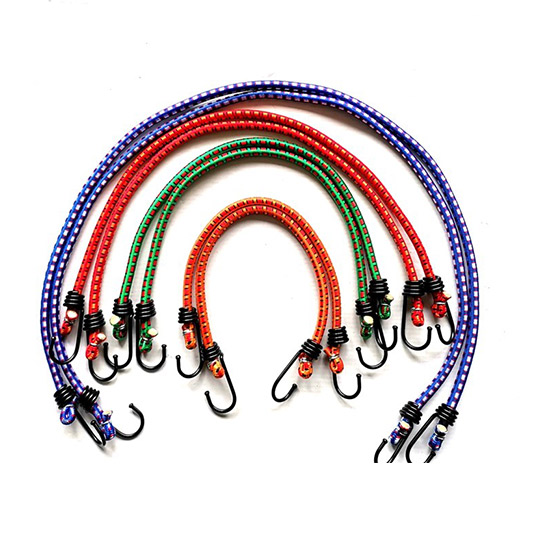 Stretch Cord
Stretch Cord
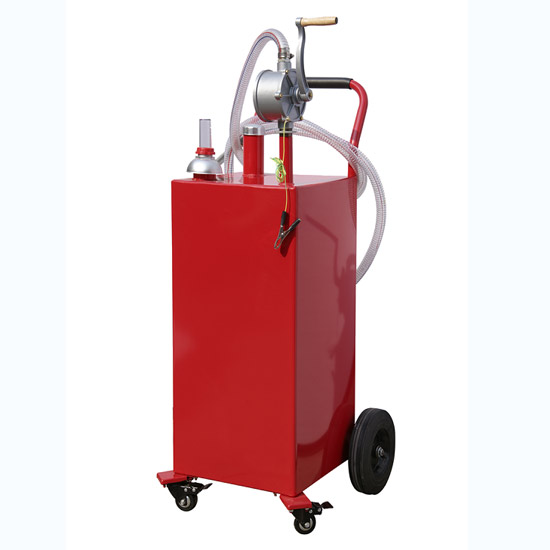 Oil Pump
Oil Pump
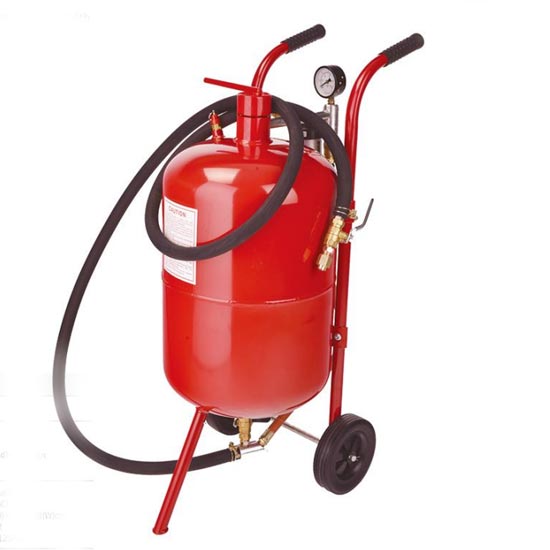 Sandblast Pot
Sandblast Pot
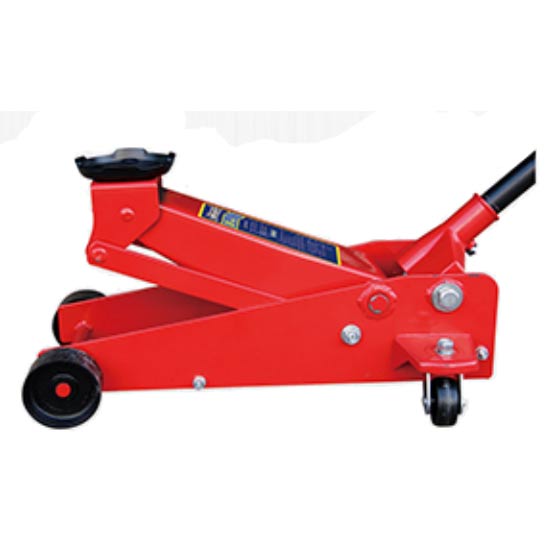 2.25 Ton Hydraulic Floor Jack
2.25 Ton Hydraulic Floor Jack
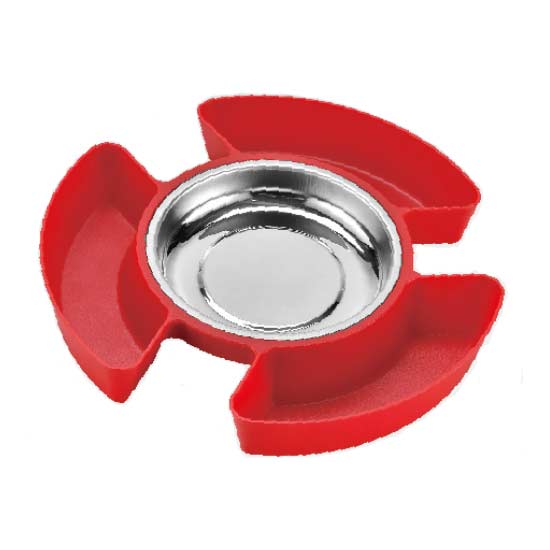 Magnetic Tray With Tool Plate
Magnetic Tray With Tool Plate
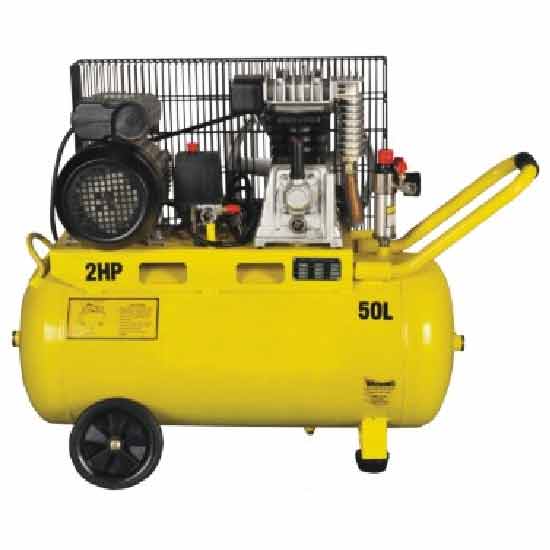 Single-stage Air-cool Movable Air Compressor
Single-stage Air-cool Movable Air Compressor
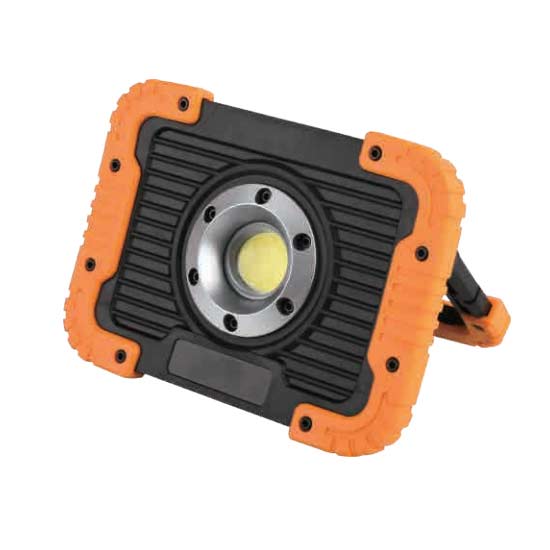 10W Rechargeable Led Flood Light
10W Rechargeable Led Flood Light
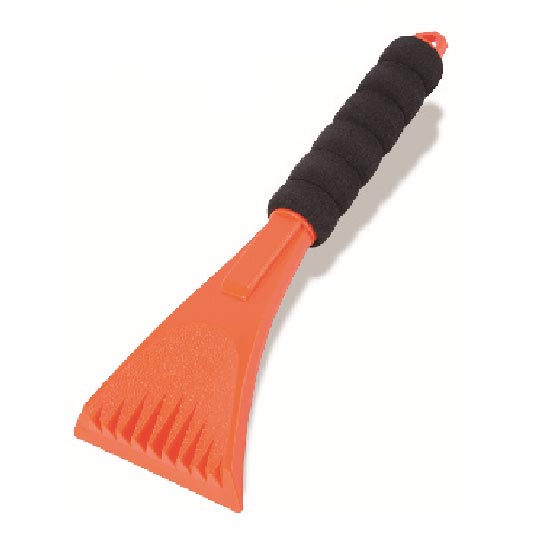 Ice Scraper
Ice Scraper
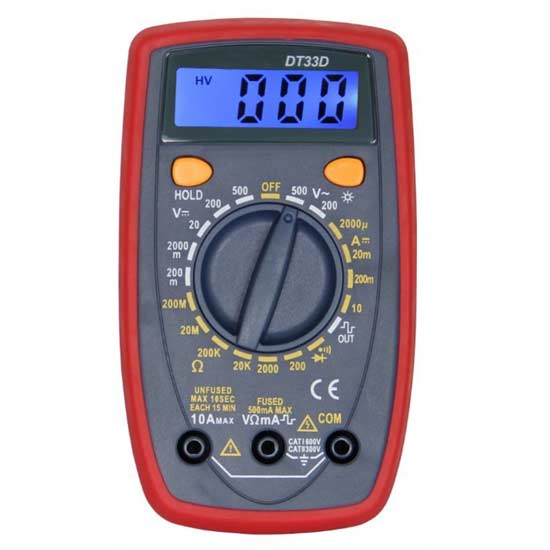 Small Multimeter with Backlight
Small Multimeter with Backlight
 Jump Starter With 4 Led Lights
Jump Starter With 4 Led Lights
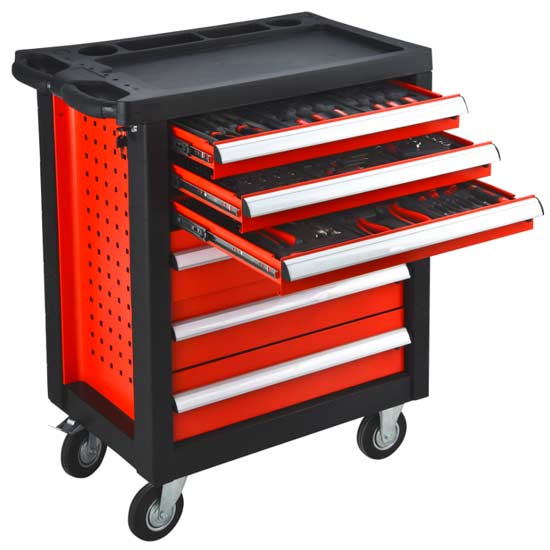 Steel Tool Cabinet
Steel Tool Cabinet
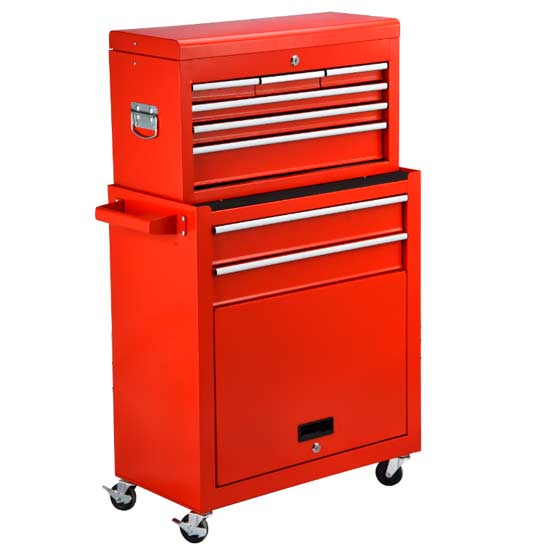 Large Tool Cabinet
Large Tool Cabinet
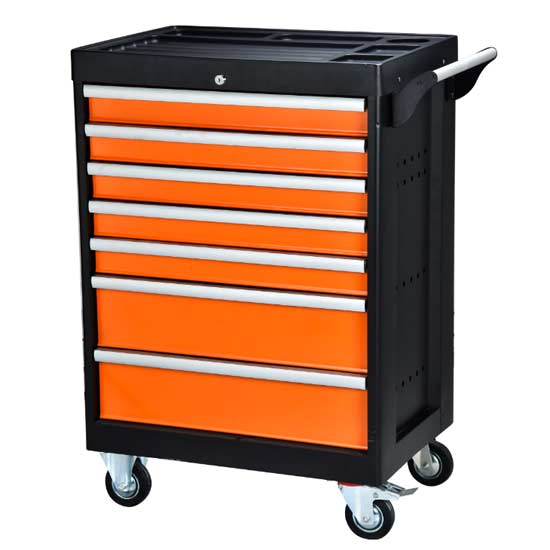 Tool Storage Cabinet
Tool Storage Cabinet
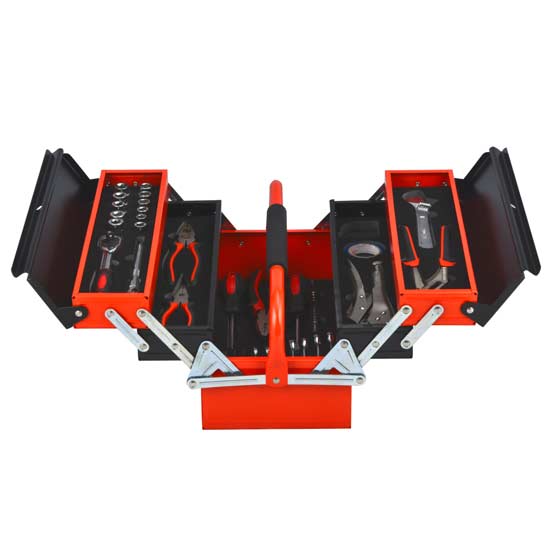 Metal Tool Box
Metal Tool Box
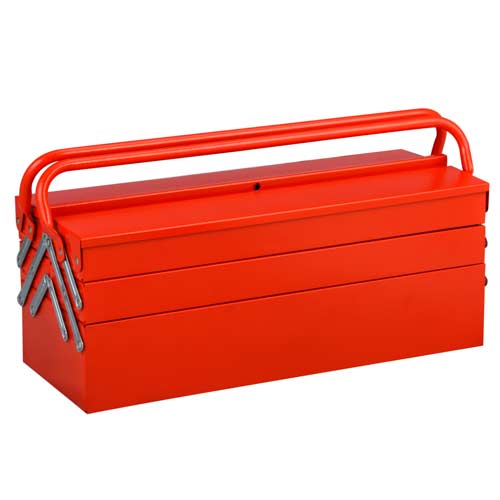 Large Metal Tool Storage Box
Large Metal Tool Storage Box
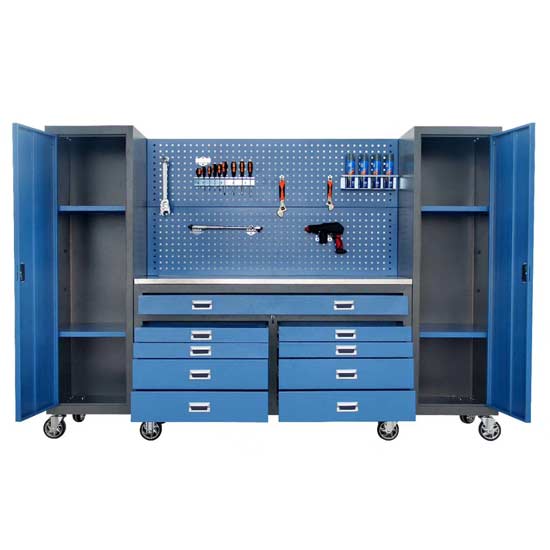 Blue Metal Tool Cabinet
Blue Metal Tool Cabinet
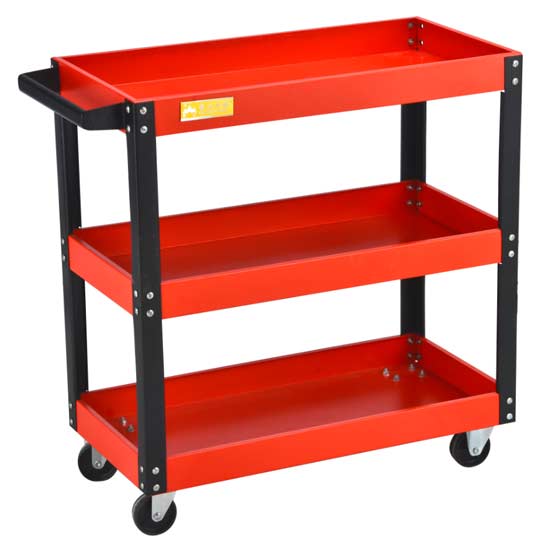 Red Steel Tool Trolley
Red Steel Tool Trolley
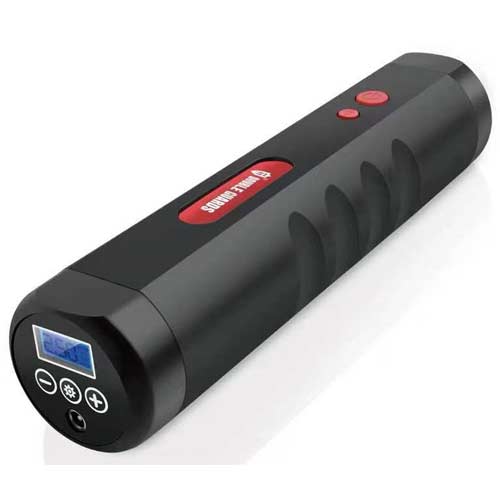 Portable Tire Inflator
Portable Tire Inflator
 Custom Tire Inflator
Custom Tire Inflator
 Tire Pressure Pump
Tire Pressure Pump
 Auto Emergency kit
Auto Emergency kit